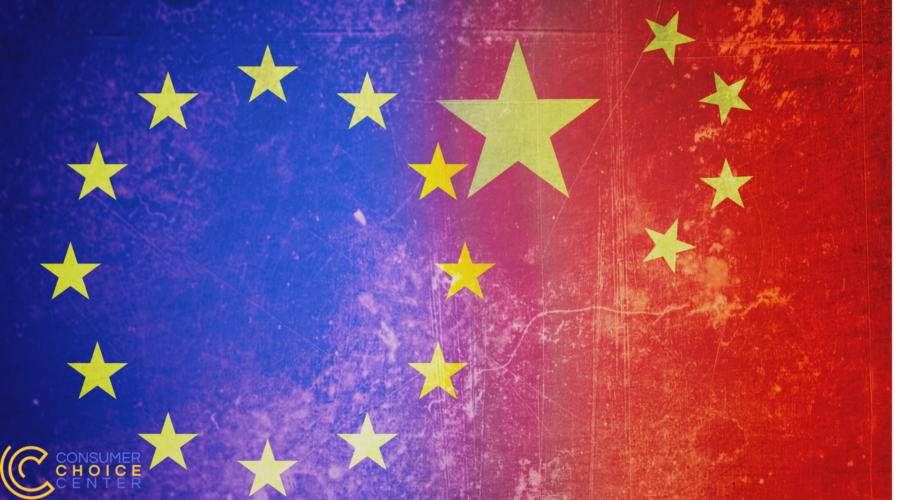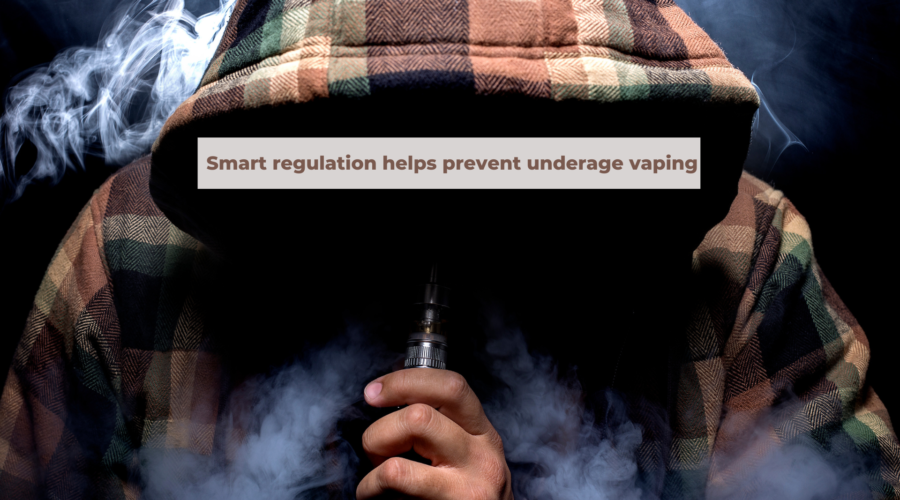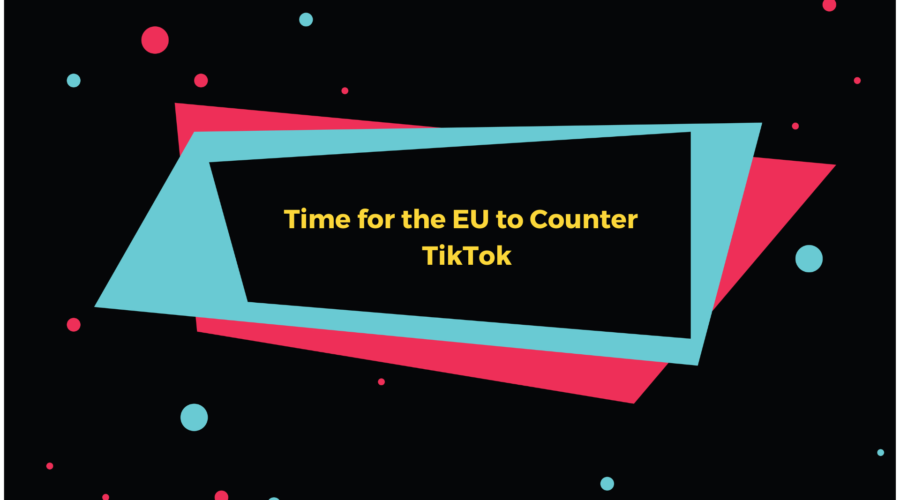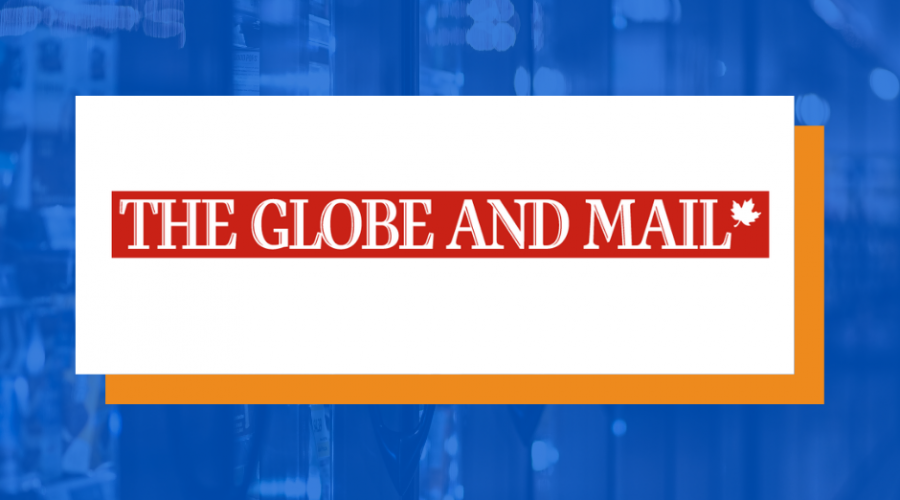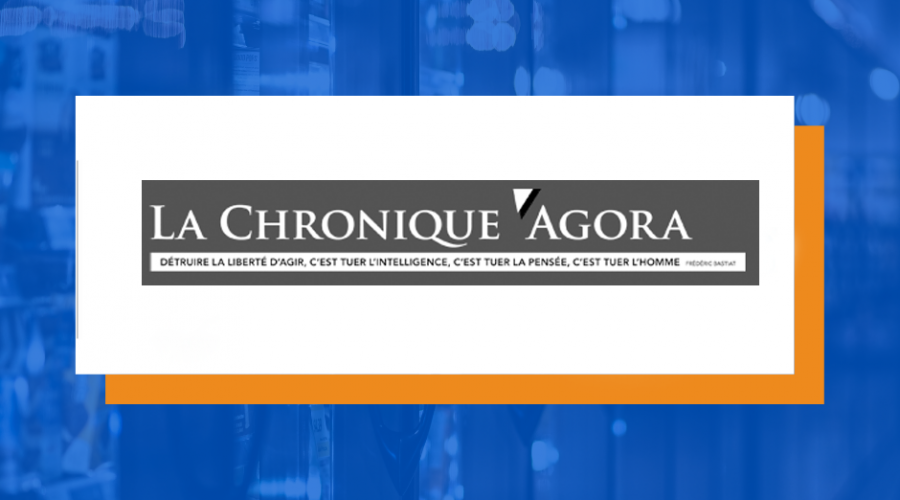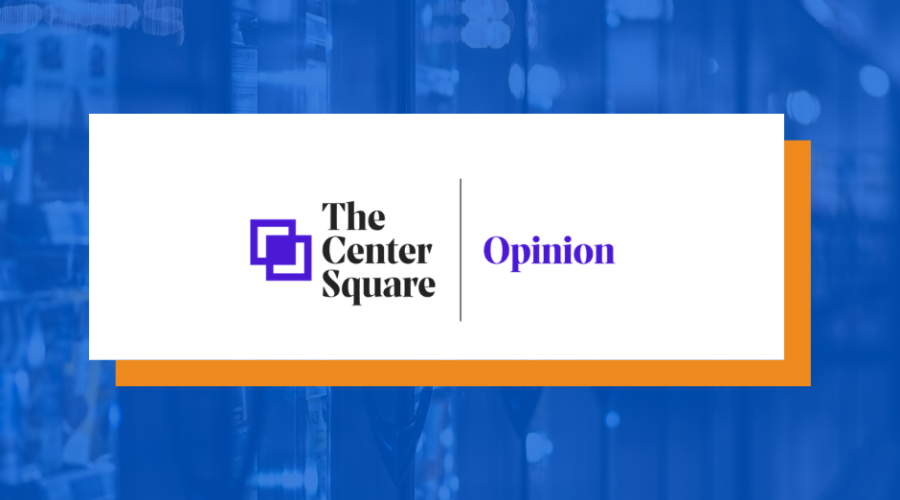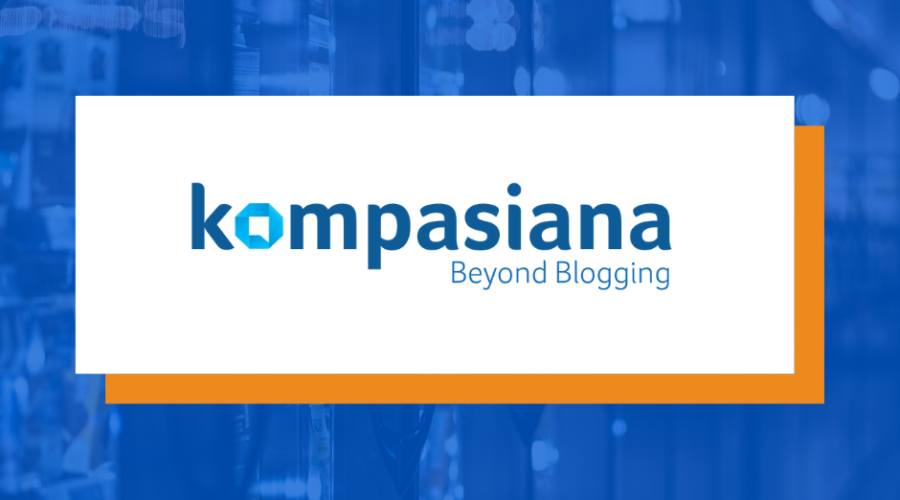Chinese Battery Plant Posing Security Concerns
Remember when at the end of 2021, Hungarian Ambassador to Beijing mentioned that Hungary is proud to serve as the entry point for Chinese companies to the European Union? Most people were already thinking of the establishment of a Fudan University campus in Budapest, the Belgrade-Budapest Railroad, the notorious respiratory ventilator deal during Covid, and even helping high-tech companies enter the EU market. However, the latest and most talked about investment is building a battery plant in the city of Debrecen by Contemporary Amperex Technology Ltd (CATL). It is supposed to be a 8bn USD investment (plus the subsidies by the pro-Chinese Hungarian government), which is now one of the hottest topics in Hungary as many opposition parties and green organizations have been demonstrating publicly due to environmental concerns. Nevertheless, other worrisome issues should be mentioned regarding the plant.
According to Intelligence Online, the new plant serves the geopolitical interests of the Chinese Communist Party (CCP). Moreover, the investment is controlled by the CCP, and the Chinese and Hungarian foreign ministers make the most strategic decisions. It is no surprise that Hungary has shifted its trade focus from the west to the east in the past decade. Also, Prime Minister Orban, who is not only Putin’s biggest ally in the European Union, has praised the Chinese type of state capitalism in the past years. Besides these, there is an argument stating that China wants to reward Hungary for siding with it regarding Taiwan.
CATL perfectly fits in the line of TikTok, Huawei, Hikvision, Dahua, and others when it comes to conquering the European markets and using technologies and companies that directly serve the political interests of the communist party. It even looks like the Chinese government was racing with time to establish its key points in Europe before it was too late. And as we are experiencing now, the window of opportunity has been closing rapidly recently. Some EU countries have already got rid of the Huawei 5G network, the United States has introduced a ban on TikTok in federal institutions, and Canada is also moving in this direction. In the EU, some politicians have also voiced their concerns about Chinese economic expansion and a possible ban on TikTok due to human rights and security concerns. We at the Consumer Choice Center have also expressed our worry regarding excessive Chinese presence in Europe, and we have already called on EU lawmakers to consider a US-like ban on TikTok. Our standpoint is clear: as long as the CCP is involved in “private” business, they should not have anything to do with European trade. If there is a chance of sensitive data of EU citizens being handled by the communist party, EU leaders should opt for a zero-tolerance approach. Although many commentators and politicians offer attractive solutions, most would appease the Chinese. We uphold our argument that whenever security issues are concerned, a “forced divestiture of a company regulated and overseen by regulators in liberal democratic nations seems to be the most prudent measure.”
